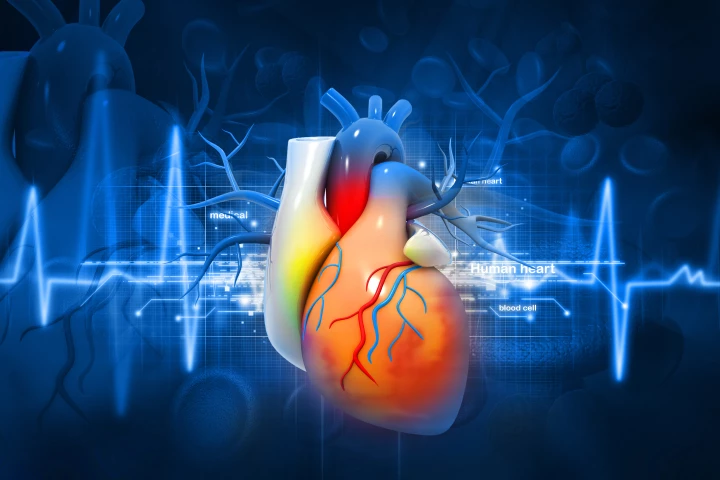Queen Mary University of London
-
In a first, scientists believe they have confirmed we have another sense – a “remote touch” that we share with others in the animal kingdom, like some shorebird species that can sense prey beneath sand without seeing or touching it first.
-
Scientists have engineered a hybrid mouse with a gene that predates all animal life. The team replaced a single gene in the mouse stem cells with a version from an ancient, single-celled ancestor, and successfully grew healthy live mice from it.
-
Researchers have just revealed that Mimas, one of Saturn's smallest moons, has an ocean of liquid water flowing under its entire surface. What is really making waves though, is how young the body of water is: just 5 to 15 million years old.
-
Researchers have developed a 3D organ-on-a-chip that mimics the human joint. The discovery will help researchers understand the pathology of joint diseases better and assist with the development and testing of new treatments for arthritis.
-
A study has found that non-COVID respiratory infections can lead to ‘long’ symptoms that persist well beyond the acute infection stage. The findings increase awareness about the existence of long-lasting respiratory infections other than long COVID.
-
For the first time, researchers have pinpointed two genes – NEK2 and INHBA – that are resistant to chemotherapy for head and neck cancers, and found that by silencing them with existing drugs, treatment could become far more effective.
-
Scientists have discovered a gene variant that causes a common type of high blood pressure – and found a cure. A simple surgical procedure saw patients with previously severe hypertension needing no drugs or further treatment for years afterwards.
-
Researchers in the United Kingdom have discovered a blood biomarker that signals the presence of myocarditis. It's hoped the discovery will lead to a rapid blood test to catch this deadly and difficult-to-diagnose inflammatory heart condition.
-
A new study from Queen Mary University of London has demonstrated that bumblebees can play with balls even when there’s no reward involved, constituting what is claimed to be first-of-a-kind evidence of play behavior in insects.
-
The results of the world's largest ever gene study have revealed almost all the genetic variants that influence a person's height. The study analyzed DNA from five million people and homed in on 12,000 variants that play a role in how tall we are.
-
Among other things, people with Parkinson's disease suffer from a slowness of movement and a stiffness of the muscles. A new wearable device may help alleviate those symptoms, by buzzing the user in the chest.
-
Indium is one of the rarest metals on Earth, but it’s a key ingredient in ubiquitous electronic devices. Engineers have demonstrated a way to swap indium for graphene, which is made from common carbon, while retaining the same electronic properties.
Load More











